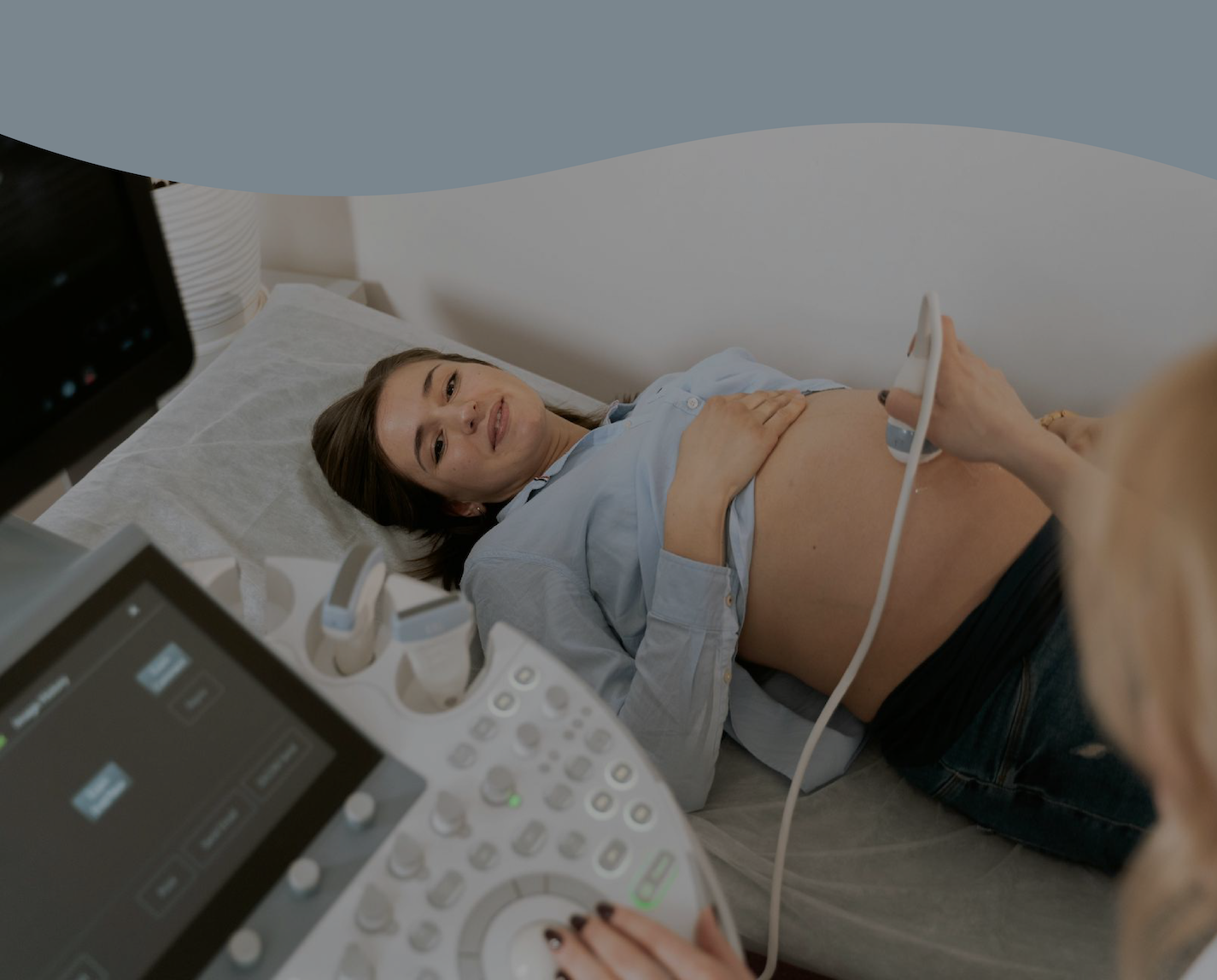Reverse Abortion Pill Info: Call 877-558-0333 or visit abortionpillreversal.com
When PMS Symptoms Are Signs of Pregnancy
As a woman, experiencing a range of physical and emotional symptoms is a natural part of our monthly cycle. However, the symptoms associated with premenstrual syndrome (PMS) and pregnancy can be very similar, sometimes making it difficult to tell the two apart.
Let’s look closer at the shared symptoms of pregnancy and PMS and why seeking medical advice is essential if you're unsure.
Common PMS Symptoms
PMS refers to the range of physical and emotional symptoms many women experience in the days leading up to their monthly cycle. The severity and type of symptoms can vary significantly between individuals. However, some of the most common symptoms include the following:
- Bloating: Feeling bloated is a common symptom of PMS, which can make you uncomfortable and cause your clothes to feel tight. Bloating is produced because estrogen causes water retention. When estrogen spikes and progesterone drops, you'll notice bloating from fluids.
- Cramps: Menstrual cramps, which are cause d by your uterus contracting to expel its lining, can occur before and during your period and range from mild to severe.
- Mood swings: Many women experience mood swings during PMS, which may include irritability, anxiety, and depression.
- Breast tenderness: Tender and sore breasts are common symptoms of PMS that can make wearing a bra or touching your chest uncomfortable.
- Fatigue: Feeling tired and lacking energy is a common symptom of PMS, which may impact your daily activities and make you feel lethargic.
Acne and breakouts: Hormonal fluctuations during the menstrual cycle can cause acne and breakouts, especially around the chin and jawline.
Common Pregnancy Symptoms
Pregnancy is a complex process that involves many physical and emotional bodily changes. While not all women experience the same symptoms, some of the most common symptoms of pregnancy include the following:
- Bloating: Feeling bloated is also a pregnancy symptom, and you can look and feel bloated during the first few months of pregnancy, even before you are “showing.”
- Cramping and spotting: Some women may experience mild cramping and spotting in the early stages of pregnancy, which can be mistaken for a period. It’s important to know that approximately 25% of pregnant women experience spotting at some point during pregnancy.
- Nausea: Feeling nauseous, commonly known as morning sickness, is a common symptom of pregnancy. Nausea often occurs in the first trimester, but some women experience it in the second or third trimester, too. Nausea can be accompanied by vomiting. Severe vomiting is rare, but if you are experiencing those symptoms, contact your OB/GYN immediately.
- Fatigue: Feeling tired and lacking energy is another common symptom of pregnancy that can occur at any time throughout the entire pregnancy.
- Mood swings: Hormonal changes during pregnancy can cause mood swings, including feeling irritable, anxious, or overwhelmed. These emotions often get easier as the pregnancy progresses.
- Breast changes: Changes in the breasts, such as tenderness, swelling, or darkening of the nipples, are common in pregnancy.
- Sensitivity to smells:
Some women experience increased sensitivity to odors during pregnancy, sometimes triggering nausea or vomiting.
When in Doubt, Visit Agape Pregnancy Center in Loudon, TN
While some symptoms of PMS and pregnancy can be similar, there are also some key differences. For example, a missed period is a common sign of gestation that does not occur during PMS. If you're experiencing any unusual symptoms, it's always better to err on the side of caution and seek medical attention.
If you think you may be pregnant and have experienced a few of the above symptoms, come see us. We provide private and professional services for women who believe they may be pregnant. You can explore the types of abortion, adoption, and parenting options available in a caring, discreet environment.
Take the next step and contact Agape Pregnancy Center in Loudon, TN, today.

Office Hours
Mon 9:30a – 12:30p
Tues 9:30a – 12:30p
and 4:00p – 7:00p
Wed 9:30a – 12:30p
Thur 9:30a –
12:30p
16 Royal Street, SE
Leesburg, Virginia 20175
(703) 777-5026
info@agapeofloudoun.org
1-800-712-4357 OptionLine 24/7
© 2024 Agapé Pregnancy Center of Loudoun
Agapé Pregnancy Center of Loudoun is a
501(c)(3) organization




